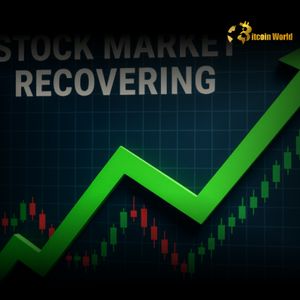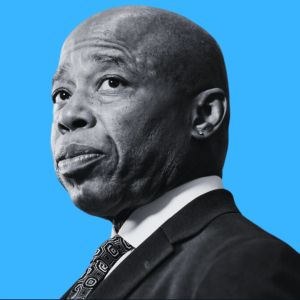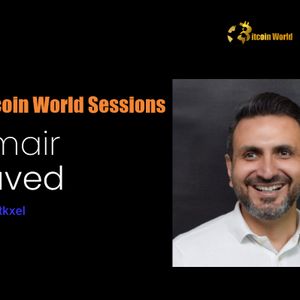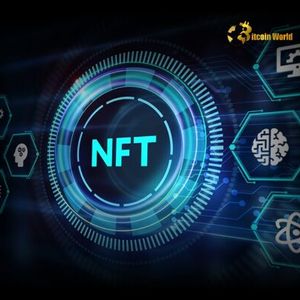The post Is XRP Centralized? Ripple CTO Explains the Truth Behind the Controversy appeared first on Coinpedia Fintech News Recently, the crypto community has been buzzing about whether XRP is centralized, especially after MMA star Conor McGregor tweeted about the US government potentially investing in XRP, SOL, and ADA. This sparked fresh debates: Is XRP truly decentralized like Bitcoin, or is it controlled by Ripple and its leaders? Unlike Bitcoin – which has no known leader since Satoshi Nakamoto disappeared – Ripple’s well-known CEO Brad Garlinghouse often draws suspicion. Does having public faces mean XRP is centralized? Ripple’s CTO, David Schwartz, stepped up to explain how XRP’s decentralization really works and why many assumptions miss the mark. Schwartz Explains XRP’s Design: No Issuer, No Control Schwartz quickly tackled the key question: XRP has no issuer. The entire supply of XRP was created at the launch of the XRP Ledger (XRPL), and no new XRP tokens have been issued since then. Most cryptocurrencies rely on mining or gradual token releases, but XRP was designed differently. Its full supply was available from day one, allowing anyone to claim XRP without competition or mining. This means Ripple doesn’t control how XRP is distributed. “The XRP Ledger has no mechanism for creating new XRP,” Schwartz stated , firmly dispelling notions of Ripple’s control over the asset. What Does Decentralization Really Mean? Schwartz encourages the crypto community to move beyond debating labels like “centralized” or “decentralized.” Instead, he suggests focusing on the purpose of decentralization: preventing censorship, avoiding control by a single party, and ensuring the network’s integrity. By shifting the conversation to these practical goals, it becomes easier to judge whether XRP’s system can be controlled or compromised. When viewed this way, XRP’s decentralization is more complex, and arguably stronger, than many think. Ripple’s Leadership vs. XRP Control: What’s the Difference? A major source of confusion comes from Ripple’s public leadership. CEO Brad Garlinghouse and other executives are often seen as the faces of XRP in industry and regulatory talks. But Schwartz makes it clear: just because Ripple has visible leaders doesn’t mean it controls XRP. The XRP Ledger operates independently of Ripple’s business. Having a well-known company behind the technology does not translate to centralized control over XRP or the network. Understanding XRP’s Decentralization Today David Schwartz’s explanation reaffirms XRP’s status as a decentralized asset – even if it doesn’t look like Bitcoin’s leaderless model. He reminds us that decentralization isn’t just about having no CEOs or issuing new tokens. It’s about whether the network can protect users from censorship and control. As debates continue in the crypto space, Schwartz’s view challenges us to focus on what truly matters: whether a blockchain is secure, fair, and resistant to central points of failure. In this light, XRP’s decentralization is clearer than ever.



















